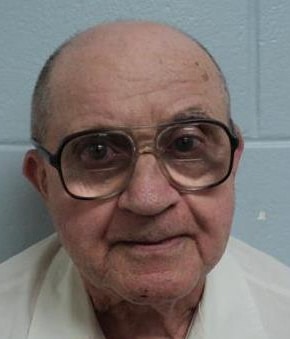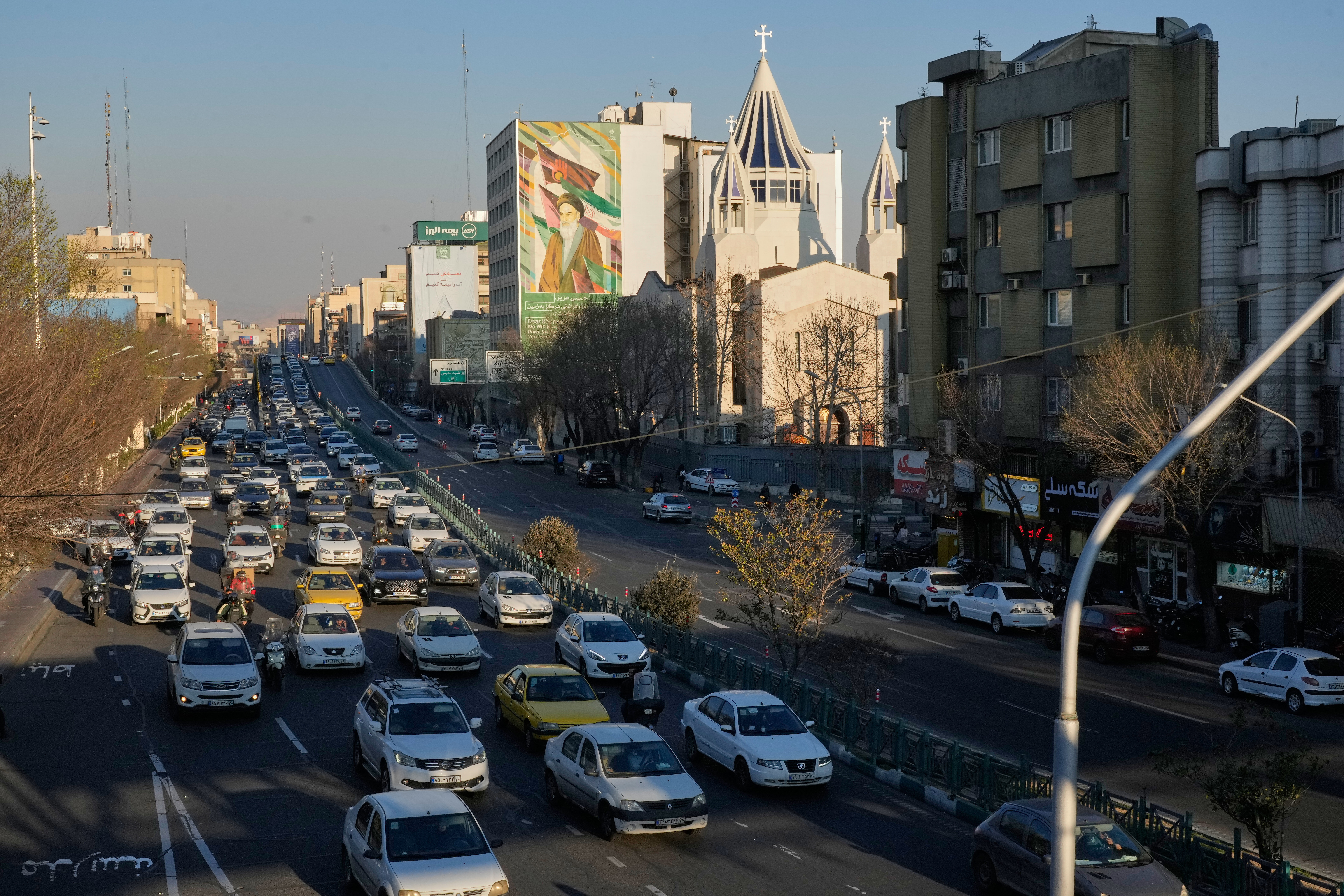Parole Hearing for Thomas Blanton, 16th Street Baptist Church Bomber, Set For Wednesday
The last surviving Klansman convicted in the 1963 Birmingham church bombing that killed four little girls is up for parole. On Wednesday, August 3, the Alabama Board of Pardons and Parole will consider whether to release 78-year-old Thomas Blanton, who has been locked up 15 years and was sentenced to life with the possibility of parole.
Family members of bombing victims Addie Mae Collins, Cynthia Morris Wesley, Carole Robertson and Denise McNair, say they’ll be in Montgomery Wednesday for the hearing. The prosecutor in the case, the NAACP and the church’s current pastor say they’ll be there too — pleading for Blanton to stay in jail.
“Just because you’re eligible for parole, does not mean you should be paroled,” says Rev. Arthur Price, current pastor of 16th Street Baptist Church. “If justice is going to mean anything in this society, if black lives truly matter, then it would be just to serve out his sentence.”
At the height of the civil rights movement, marchers assembled at 16th Street Baptist Church before heading into the streets. Blanton and some of his friends, angry over desegregation attempts, hid dynamite that exploded at 10:22 a.m. on Sept. 15, 1963. The four girls had just left Sunday School where the lesson was “A Love that Forgives.”
Today, the congregation at 16th Street Baptist is still mostly black, but at a recent church service people of different races filled the main level of the sanctuary. The choir sang a gospel reflecting this church’s continued resolve – No Weapon (Formed Against us Shall Prosper).
Rev. Price says, “what Mr. Blanton meant for evil, God, in His sovereignty, turned it for good.”
The bombing spurred passage of the Civil Right Act, and later passage of the Voting Rights Act
Blanton has maintained his innocence. Lawyers say his failure to acknowledge responsibility may affect his chance for parole.
“He’s not expressed any remorse,” says Doug Jones, the former U.S. Attorney who was the prosecutor in the Blanton case. “I feel pretty confident they will do the right thing and keep him in prison.”
Parole for Blanton, Jones says, “would be an awful message that would be sent –especially from Alabama with our prior history.”
Blanton declined an interview for this story. Efforts to reach his family and friends also failed.
Diane Robertson Braddock is flying in from Maryland for the hearing. Her little sister, Carole, died in the church bombing. She says when she got the call about the hearing she was surprised.
“I was floored. I was like how could this man who has only served 15 years for four counts of murder even be eligible for parole?” she says.
Her mother, Alpha Robertson, lived to see the conviction of the three Klansmen charged in the bombing. But recently, that call from the parole office telling her about Blanton’s possible parole “just brought back all of the hurt and the pain,” she says.
While the church advocates forgiveness, in spite of the pain and scars. Rev. Price, the 16th Street pastor, says there is another law.
“The law of harvest is still the same, for the Bible says whatever a man soweth, that shall he also reap. If you sow hatred, you’re going to reap hatred. If you sow murder, the penalty in this case is four consecutive life sentences.”
Blanton has served the minimum of 15 years required in Alabama before parole is possible. Wednesday in Montgomery, the parole board decides whether Blanton goes free or continues to sow life behind the wired fences and steel doors of a state prison.
U.S. and Iran to hold a third round of nuclear talks in Geneva
Iran and the United States prepared to meet Thursday in Geneva for nuclear negotiations, as America has gathered a fleet of aircraft and warships to the Middle East to pressure Tehran into a deal.
FIFA’s Infantino confident Mexico can co-host World Cup despite cartel violence
FIFA President Gianni Infantino says he has "complete confidence" in Mexico as a World Cup co-host despite days of cartel violence in the country that has left at least 70 people dead.
Supreme Court appears split in tax foreclosure case
At issue is whether a county can seize homeowners' residence for unpaid property taxes and sell the house at auction for less than the homeowners would get if they put their home on the market themselves.
Top House Dem wants Justice Department to explain missing Trump-related Epstein files
After NPR reporting revealed dozens of pages of Epstein files related to President Trump appear to be missing from the public record, a top House Democrat wants to know why.
ICE won’t be at polling places this year, a Trump DHS official promises
In a call with top state voting officials, a Department of Homeland Security official stated unequivocally that immigration agents would not be patrolling polling places during this year's midterms.
Cubans from US killed after speedboat opens fire on island’s troops, Havana says
Cuba says the 10 passengers on a boat that opened fire on its soldiers were armed Cubans living in the U.S. who were trying to infiltrate the island and unleash terrorism. Secretary of State Marco Rubio says the U.S. is gathering its own information.







